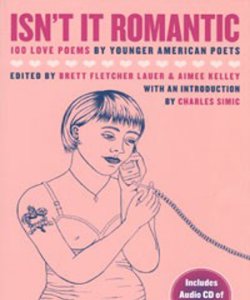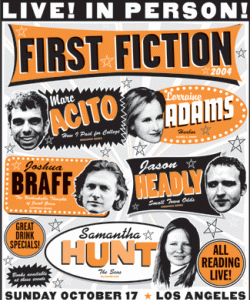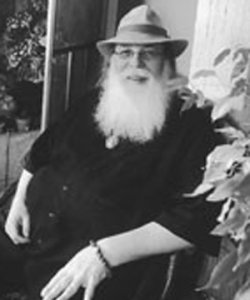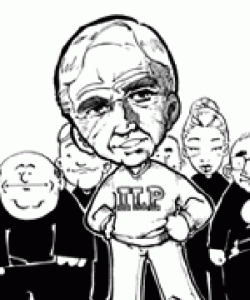Literary MagNet
Literary MagNet chronicles the start-ups and closures, successes and failures, anniversaries and accolades, changes of editorship and special issues—in short, the news and trends—of literary magazines in America. This issue's MagNet features Diner, the Massachusetts Review, Night Train, the Women’s Review of Books, DoubleTake, the Oxford American, and Cranky Literary Journal.












